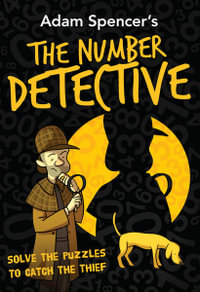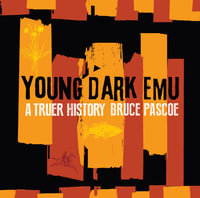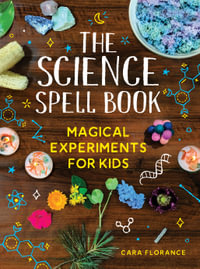Have you ever felt like you just couldn’t get out of bed? Not the occasional morning, but every day? Do you find yourself listening to a voice in your head that says “you’re not good enough,” “not good looking enough,” “not thin enough,” or “not smart enough”? Have you ever found yourself unable to do homework or pay attention in class unless everything is “just so” on your desk? Everyone has had days like that, but what if you have them every day?
You’re not alone. Millions of people are going through similar things. However issues around mental health still tend to be treated as something shrouded in shame or discussed in whispers. It’s easier to have a broken bone—something tangible that can be “fixed”—than to have a mental illness, and easier to have a discussion about sex than it is to have one about mental health.
Life Inside My Mind is an anthology of true-life events from writers of this generation, for this generation. These essays tackle everything from neurodiversity to addiction to OCD to PTSD and much more. The goals of this book range from providing a home to those who are feeling alone, awareness to those who are witnessing a friend or family member struggle, and to open the floodgates to conversation.
About the Editor
Jessica Burkhart (a.k.a. Jessica Ashley) is the author of the Unicorn Magic and Canterwood Crest series. She is a former equestrian who writes from her apartment in Tennessee. (It’s not the size of Crystal Castle, but Jess tries to decorate like a princess!) Jess’s aura would be hot pink and she loves glittery things. If she had a unicorn, it would be named Sparkle.
Industry Reviews
Ellen Hopkins, Lauren Oliver, Francisco X. Stork, Sara Zarr, and the other 27 contributors to this anthology are all best-selling, award-winning authors. Yet many admit that their personal essay on mental illness was the hardest piece they’ve ever written. Although a few authors write about friends and family, most reveal their own struggles with anxiety, depression, addiction, OCD, ADHD, PTSD, bipolar disorder, body-image issues, and more, with cutting and suicidal thoughts often entering the picture. The contributors explain how the mental illness first manifested itself and eventually took over their lives. Their essays (and one poem) are raw, intense, and poignant. Individually, they show a wide range of experiences; collectively, they show commonalities among sufferers. There are feelings of isolation, shame, being stigmatized, and losing control as “it” or a “monster” seemingly guides their thoughts and actions. Nevertheless, hope and recovery also shine through as the authors reflect on their self-care and coping mechanisms, including therapy, medication, meditation, exercise, sleep, and diet. Just like mental illness itself, the paths to acceptance and recovery take many forms. Who better to raise teens’ awareness of mental illness and health than the YA authors they admire? Their compelling stories will start important discussions and assure readers they’re never alone. — Angela Leeper

























